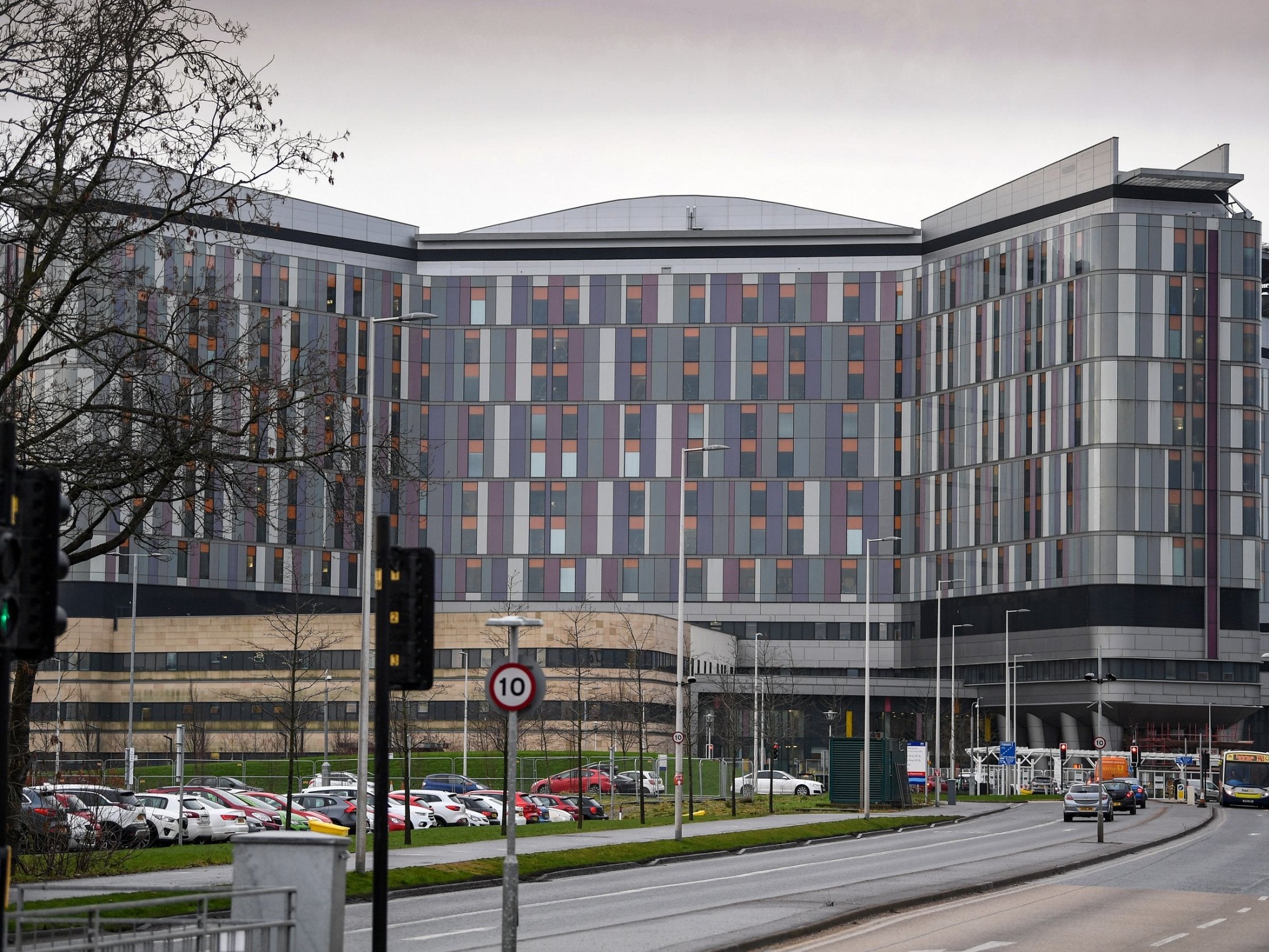Death of child at Glasgow hospital linked to pigeon droppings infection
A review has been launched to investigate Glasgow's Queen Elizabeth University Hospital

Your support helps us to tell the story
From reproductive rights to climate change to Big Tech, The Independent is on the ground when the story is developing. Whether it's investigating the financials of Elon Musk's pro-Trump PAC or producing our latest documentary, 'The A Word', which shines a light on the American women fighting for reproductive rights, we know how important it is to parse out the facts from the messaging.
At such a critical moment in US history, we need reporters on the ground. Your donation allows us to keep sending journalists to speak to both sides of the story.
The Independent is trusted by Americans across the entire political spectrum. And unlike many other quality news outlets, we choose not to lock Americans out of our reporting and analysis with paywalls. We believe quality journalism should be available to everyone, paid for by those who can afford it.
Your support makes all the difference.Pigeon droppings were a contributing factor to an infection which led to a child’s death at Scotland’s flagship hospital.
The child died at Glasgow's Queen Elizabeth University Hospital and a post-mortem found that they had inhaled fungus which is primarily found in pigeon droppings.
Another patient was also infected but it is thought the infection did not contribute to their death.
Scottish Health Secretary Jeane Freeman said a review would be carried out in the design, build, handover and maintenance of the flagship hospital.
She told MSPs that traces of pigeon excrement had been found in a top floor room where there was a small crack in the wall which was "invisible to the naked eye".
The hospital was built for the Scottish Government at a cost of £842 million and opened at the end of April 2015.
Despite the hospital having only recently been constructed, Ms Freeman said there appeared to be a "number of instances" where the fabric of building was "less than satisfactory".
After visiting the hospital, the Scottish health secretary said: "I have agreed a review, with external expert advice, that will look at the design of the building, the commissioning of the work, the construction of the building, the handover of the building and the maintenance of the building, in order to ensure we identify where issues were raised that should have been addressed and where maintenance programmes now should be perhaps more robust or more frequent."
Ms Freeman announced the review after setting out "clear factual points" on the two patient deaths to MSPs at Holyrood.
She said the Cryptococcus bacteria had initially been identified in one patient in November 2018 but was not linked to that person's death the following month.
Ms Freeman added: "In December a post-mortem of a child who has passed away conformed that Cryptococcus was both present and a contributory factor in their death."
She explained the second case triggered the introduction of additional infection control measures by NHS Greater Glasgow and Clyde, including prescribing anti-fungal medication to "vulnerable patients" and the provision of additional air filters.
"I am confident the board have taken all the steps they should to ensure and maintain patient safety," she said.
Labour health spokeswoman Monica Lennon said the public would be "shocked" to learn one of those who had died was a child as she claimed there had been a "complete lack of clarity" from the health board about the infection.
Ms Lennon said: "I think the people of Scotland will feel it is absolutely extraordinary that in a modern hospital, Scotland's flagship and apparently super hospital no less, we have a situation where pigeons and infections can kill patients.
"If this unthinkable and deadly infection can happen at the flagship Queen Elizabeth, what is to stop it happening at other hospitals?"
Join our commenting forum
Join thought-provoking conversations, follow other Independent readers and see their replies
Comments